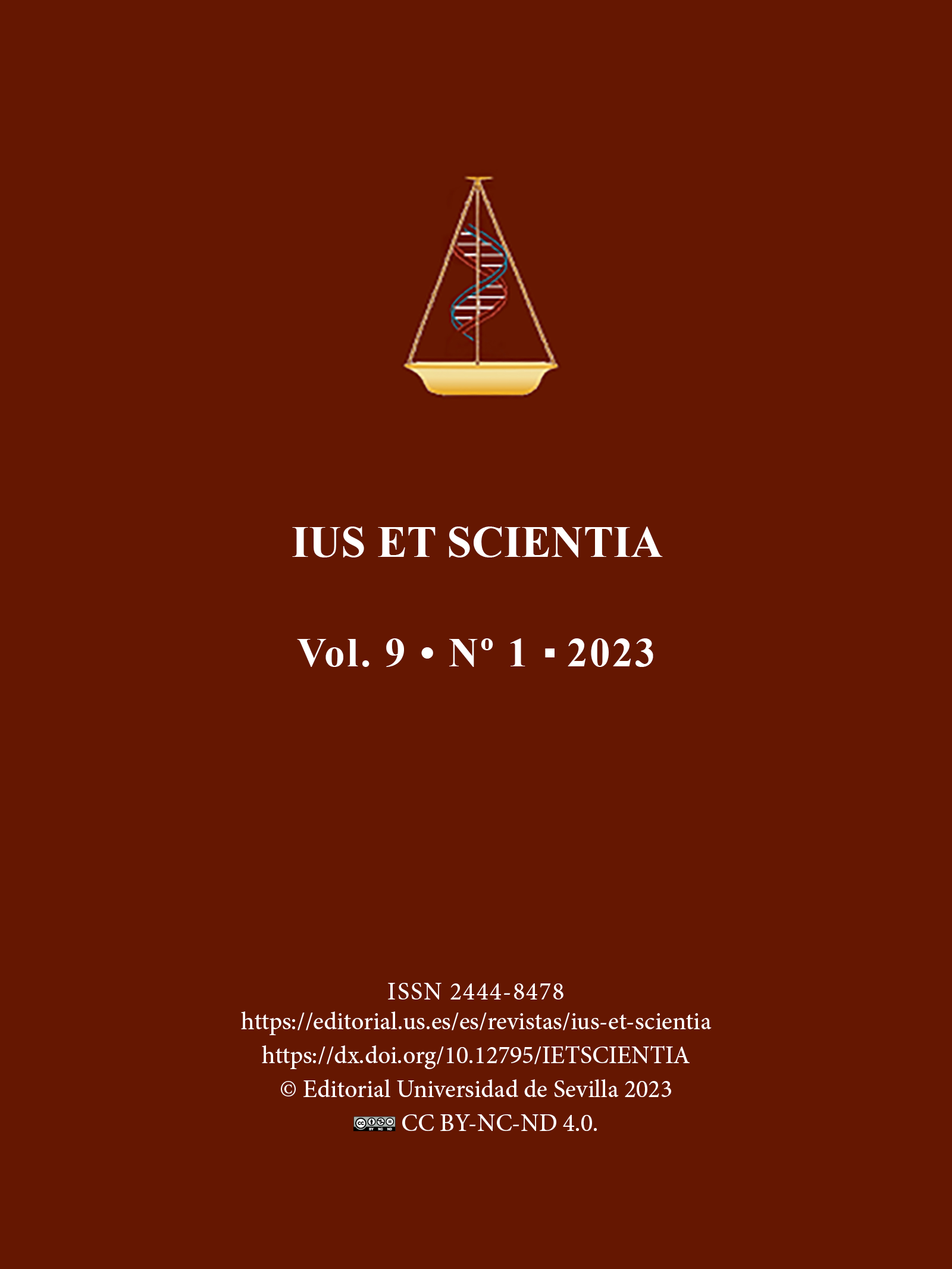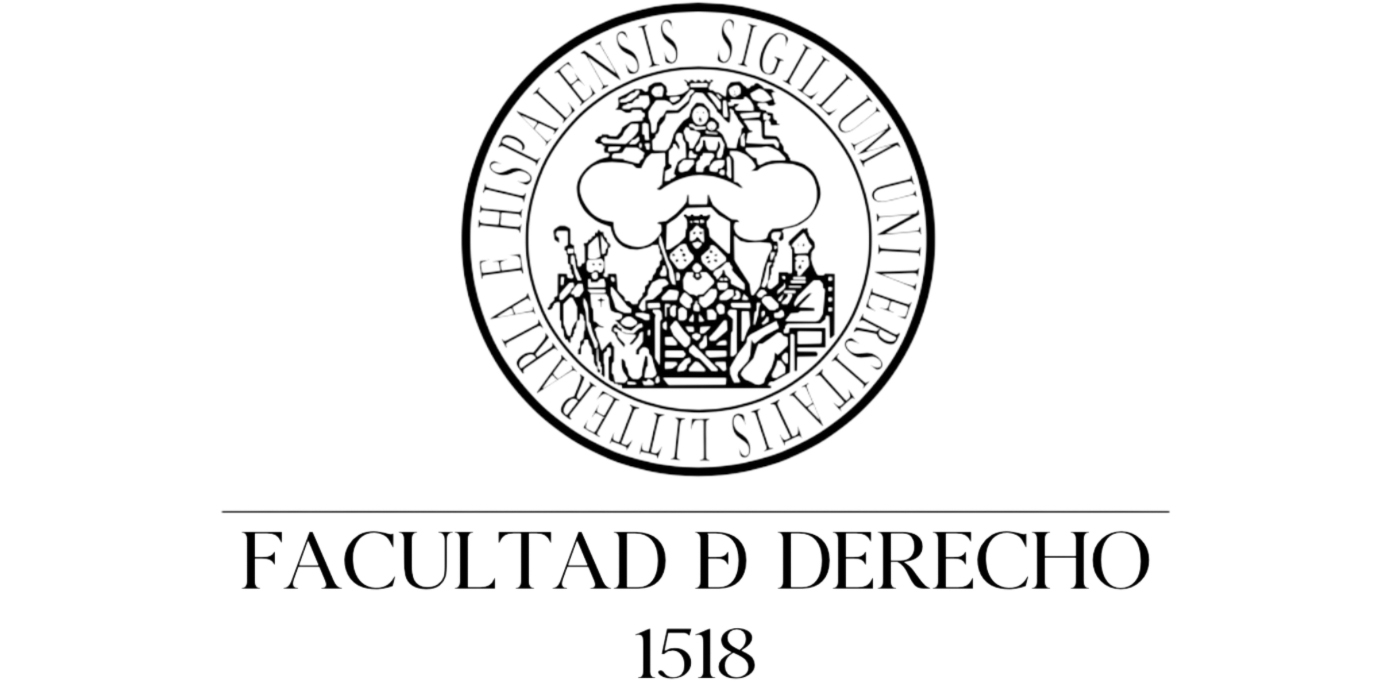La gestión de la ciencia, la tecnología y la innovación en los organismos públicos de investigación (OPIs) de España
DOI:
https://doi.org/10.12795/IESTSCIENTIA.2023.i01.07Palabras clave:
Ciencia, Investigación, Financiación, Gestión, ProyectosResumen
En los últimos años el avance de la inversión en I+D+i ha crecido exponencialmente. Tras la crisis financiera de 2007-2008 y la crisis sanitaria originada por el virus SARS-CoV-2, la inversión en I+D+i en España ha alcanzado los 17.249 millones de euros en 2021, el 1,43% del PIB. Con motivo de este aumento es necesaria una forma eficaz de poder gestionar los recursos en materia de ciencia y tecnología. La financiación concedida por parte de la Unión Europea con los fondos Next Generation EU y concretamente del Mecanismo para la Recuperación y la Resiliencia (MRR) han potenciado aún más esta dotación económica para investigación en los Organismos Públicos de Investigación. Tras la reciente reforma de la Ley de la Ciencia en septiembre de 2022, se pone en marcha un camino para que en 2030 la financiación de los agentes públicos del Sistema Español de Ciencia, Tecnología e Innovación logre el 1,25 % del PIB, de conformidad con la Recomendación (UE) 2021/2122 del Consejo de 26 de noviembre de 2021 sobre un Pacto de Investigación e Innovación en Europa, de 26 de noviembre de 2021.
Descargas
Citas
BAC. (2018). Consultation Paper on Ethical, Legal and Social Issues Arising from Mitochondrial Genome Replacement Technology (p. 49). Bioethics Advisory Committe. https://www.bioethics-singapore.org/publications/press-releases/bac-mgrt-press-release
Border, P., & Barber, S. (2015). Mitochondrial donation. Standard Note: SN/ SC/6833. (London: House of Commons Library). United Kingdom Parliament. https://commonslibrary.parliament.uk/research-briefings/sn06833/
Bredenoord, A. L., & Appleby, J. B. (2017). Mitochondrial Replacement Techniques: Remaining Ethical Challenges. Cell Stem Cell, 21(3), 301-304. https://doi.org/10.1016/j.stem.2017.08.009
Cohen, G. (2018). Circumvention Medical Tourism and Cutting Edge Medicine: The Case of Mitochondrial Replacement Therapy. Indiana Journal of Global Legal Studies, 25(1), 439-462. https://doi.org/10.2979/indjglolegstu.25.1.0439
Cohen, I. G., Adashi, E. Y., Gerke, S., Palacios-González, C., & Ravitsky, V. (2020). The Regulation of Mitochondrial Replacement Techniques Around the World. Annual Review of Genomics and Human Genetics, 21(1), 565-586. https://doi.org/10.1146/annurev-genom-111119-101815
Craven, L., Murphy, J. L., & Turnbull, D. M. (2020). Mitochondrial donation—Hope for families with mitochondrial DNA disease. Emerging Topics in Life Sciences, 4(2), 151-154. https://doi.org/10.1042/ETLS20190196
Cristina, M. (2022). ¿Alquiler o sustitución del embarazo? Sobre la importancia de los significantes en la construcción de sentido. Revista de Bioética y Derecho, 54, 5-22. https://doi.org/10.1344/rbd2021.54.34891
Davis, R. L., Liang, C., & Sue, C. M. (2018). Mitochondrial diseases. Handbook of Clinical Neurology, 147, 125-141. https://doi.org/10.1016/B978-0-444-63233-3.00010-5
De Miguel Beriain, I., Atienza Macías, E., & Armaza Armaza, E. J. (2016). Algunas consideraciones sobre la transferencia mitocondrial: ¿un nuevo problema para la bioética? Acta bioethica, 22(2), 203-211. https://doi.org/10.4067/S1726-569X2016000200007
Dziadek, M. A., & Sue, C. M. (2022). Mitochondrial donation: Is Australia ready? Medical Journal of Australia, 216(3), 118-121. https://doi.org/10.5694/mja2.51309
Farnezi, H. C. M., Goulart, A. C. X., Santos, A. D., Ramos, M. G., & Penna, M. L. F. (2020). Three-parent babies: Mitochondrial replacement therapies. JBRA Assisted Reproduction, 24(2), 189-196. https://doi.org/10.5935/1518-0557.20190086
Grady, J. P., Pickett, S. J., Ng, Y. S., Alston, C. L., Blakely, E. L., Hardy, S. A., Feeney, C. L., Bright, A. A., Schaefer, A. M., Gorman, G. S., McNally, R. J., Taylor, R. W., Turnbull, D. M., & McFarland, R. (2018). MtDNA heteroplasmy level and copy number indicate disease burden in m.3243A>G mitochondrial disease. EMBO Molecular Medicine, 10(6), e8262. https://doi.org/10.15252/emmm.201708262
Kirillova, A., & Mazunin, I. (2022). Operation «mitochondrial wipeout»—Clearing recipient mitochondria DNA during the cytoplasmic replacement therapy. Journal of Assisted Reproduction and Genetics, 39(10), 2205-2207. https://doi.org/10.1007/s10815-022-02561-6
Newson, A. J., de Lacey, S., Dowling, D. K., Murray, S., Sue, C. M., Thorburn, D. R., Gillam, L., & Degeling, C. (2019). Public attitudes towards novel reproductive technologies: A citizens’ jury on mitochondrial donation. Human Reproduction (Oxford, England), 34(4), 751-757. https://doi.org/10.1093/humrep/dez021
Noohi, F., Ravitsky, V., Knoppers, B. M., & Joly, Y. (2022). Mitochondrial Replacement Therapy: In Whose Interests? The Journal of Law, Medicine & Ethics: A Journal of the American Society of Law, Medicine & Ethics, 50(3), 597-602. https://doi.org/10.1017/jme.2022.98
Palacios-González, C., & Medina-Arellano, M. de J. (2017). Mitochondrial replacement techniques and Mexico’s rule of law: On the legality of the first maternal spindle transfer case. Journal of Law and the Biosciences, 4(1), 50-69. https://doi.org/10.1093/jlb/lsw065
Pfeffer, G., Majamaa, K., Turnbull, D. M., Thorburn, D., & Chinnery, P. F. (2012). Treatment for mitochondrial disorders. The Cochrane Database of Systematic Reviews, 4. https://doi.org/10.1002/14651858.CD004426.pub3
Richardson, J., Irving, L., Hyslop, L. A., Choudhary, M., Murdoch, A., Turnbull, D. M., & Herbert, M. (2015). Concise reviews: Assisted reproductive technologies to prevent transmission of mitochondrial DNA disease. Stem Cells (Dayton, Ohio), 33(3), 639-645. https://doi.org/10.1002/stem.1887
Schaefer, & Labude, M. K. (2017). Genetic affinity and the right to «three-parent IVF». Journal of Assisted Reproduction and Genetics, 34(12), 1577-1580. https://doi.org/10.1007/s10815-017-1046-8
Sheldon, K. (2015). Crossing the Germline Barrier: The Three Genome Baby. Ethics in Biology, Engineering and Medicine: An International Journal, 6(3-4), 237-261. https://doi.org/10.1615/EthicsBiologyEngMed.2016016331
Tachibana, M., Amato, P., Sparman, M., Woodward, J., Sanchis, D. M., Ma, H., Gutierrez, N. M., Tippner-Hedges, R., Kang, E., Lee, H.-S., Ramsey, C., Masterson, K., Battaglia, D., Lee, D., Wu, D., Jensen, J., Patton, P., Gokhale, S., Stouffer, R., & Mitalipov, S. (2013). Towards germline gene therapy of inherited mitochondrial diseases. Nature, 493(7434), 627-631. https://doi.org/10.1038/nature11647
Wei, W., & Chinnery, P. F. (2020). Inheritance of mitochondrial DNA in humans: Implications for rare and common diseases. Journal of Internal Medicine, 287(6), 634-644. https://doi.org/10.1111/joim.13047
Yamada, M., Akashi, K., Ooka, R., Miyado, K., & Akutsu, H. (2020). Mitochondrial Genetic Drift after Nuclear Transfer in Oocytes. International Journal of Molecular Sciences, 21(16), 5880. https://doi.org/10.3390/ijms21165880
Zhang, J., Liu, H., Luo, S., Lu, Z., Chávez-Badiola, A., Liu, Z., Yang, M., Merhi, Z., Silber, S. J., Munné, S., Konstantinidis, M., Wells, D., Tang, J. J., & Huang, T. (2017). Live birth derived from oocyte spindle transfer to prevent mitochondrial disease. Reproductive Biomedicine Online, 34(4), 361-368. https://doi.org/10.1016/j.rbmo.2017.01.013
Zinkant, K. (2016). Da traut sich niemand ran. Süddeutsche.de. https://www.sueddeutsche.de/wissen/bioethik-da-traut-sich-niemand-ran-1.2850609
Publicado
Cómo citar
Número
Sección
Licencia
Derechos de autor 2023 Iván Hernández Blanco

Esta obra está bajo una licencia internacional Creative Commons Atribución-NoComercial-CompartirIgual 4.0.
Aquellos autores/as que tengan publicaciones con esta revista, aceptan los términos siguientes:- Los autores/as conservarán sus derechos de autor y garantizarán a la revista el derecho de primera publicación de su obra, el cuál estará simultáneamente sujeto a la Licencia de reconocimiento de Creative Commons que permite a terceros compartir la obra siempre que se indique su autor y su primera publicación esta revista.
- Los autores/as podrán adoptar otros acuerdos de licencia no exclusiva de distribución de la versión de la obra publicada (p. ej.: depositarla en un archivo telemático institucional o publicarla en un volumen monográfico) siempre que se indique la publicación inicial en esta revista.
- Se permite y recomienda a los autores/as difundir su obra a través de Internet (p. ej.: en archivos telemáticos institucionales o en su página web) antes y durante el proceso de envío, lo cual puede producir intercambios interesantes y aumentar las citas de la obra publicada. (Véase El efecto del acceso abierto).
- Resumen 245
- PDF 407
- HTML 198






